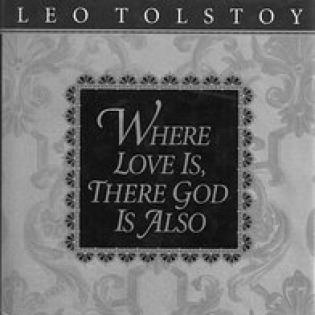Filter by subjects:
Filter by grades:
Filter by audience:
Filter by issue area:
Filter by content type:
Filter by resource type:
resource search
In this unit the learners will define courage and relate courage to the the concept of a "hero." They will learn about a hero, Nelson Mandela, whose actions changed the course of history.
Jane Addams addressed social problems by participating constructively in her community and establishing a settlement house in Chicago. Students examine how present-day needs can be addressed. This lesson fits into units on urban growth, industrialization, immigration, and women's history.
We learn a little history of the painters Van Gogh and Gauguin who were driven by a need to give of themselves to others through art. Participants study the techniques and draw their own portraits. They make a gift of the portrait to someone.
After researching the life and work of a chosen philanthropist from history, the learner takes on the role of that philanthropist in writing a letter back to the learner. In this letter, the philanthropist shares their motivations and feelings about their work, and compares and contrasts...
When people say that they have freedom, what do they mean? Does it mean I can do whatever I want? Learners explore the rights and responsibilities of American citizenship. They review knowledge of United States history and government necessary to become a naturalized citizen.
Three amendments to the Constitution extended voting rights to more citizens. Look at the language of these amendments and the effectiveness of everyone actually getting the vote. Youth discuss the purpose of voting, and they take action to make a difference, such as by making ...
In this lesson, learners read primary documents that illustrate the motivations of the founding fathers of the United States related to philanthropy (government by the people, advocacy, civil rights, shared power). We have a long history of demanding civil rights for a population that was...
